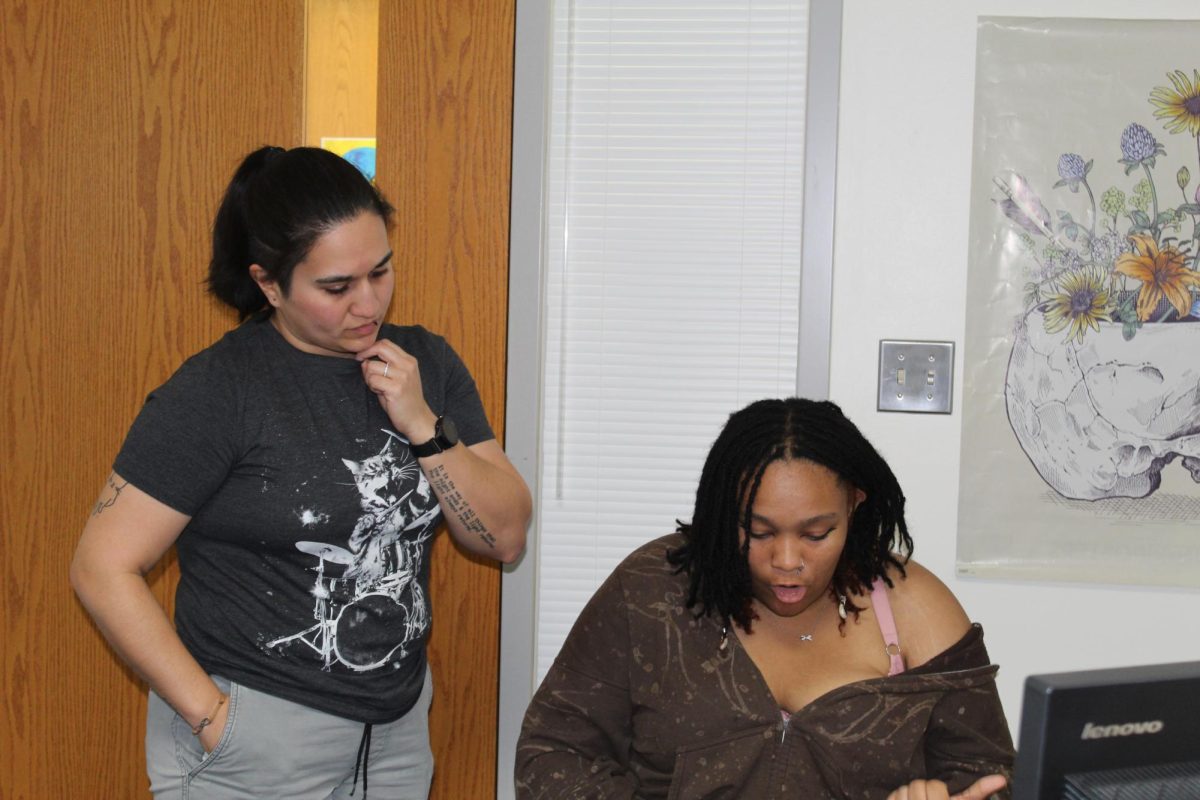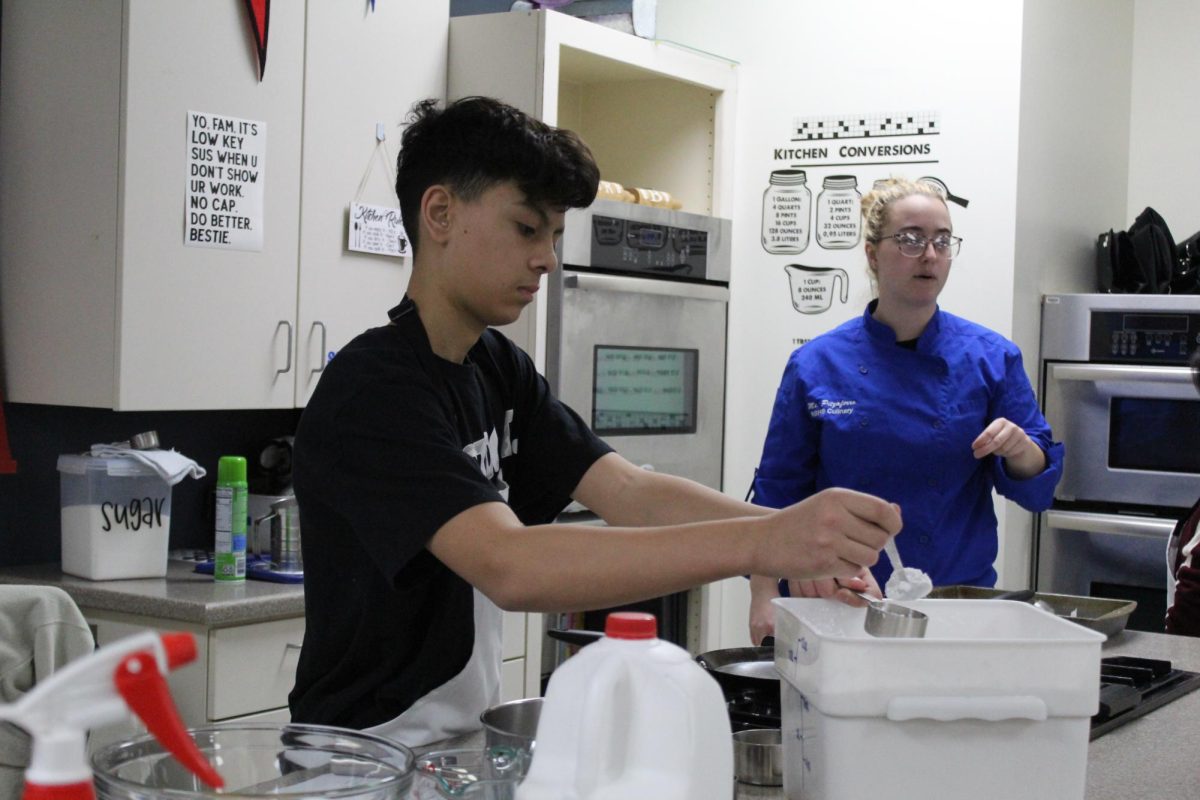The flu season has reached new heights this year, the worst since 2009. According to the recent news coverage, over 50 people have died nationally from the flu so far. This year’s strain in the United States is H3N2 in comparison to last year being H1N1 according to a report by the CDC (Center for Disease Control and Prevention).
Locally at RB, there was a notable increase in flu-related absences prior to Winter Break.
“The biggest impact here at the school was attendance,” said Nurse Allison Jackson.
There has not been any reported outbreak of H3N2 specifically in schools so far; however there is still the threat of the flu causing issues with attendance and participation by athletes.
“The flu peaked among sports before break,” said Athletic Trainer Kristen Hughes.
This year the flu seems to be affecting the respiratory system and head more than the normal stomach and body ache-type flu.
According to the CDC, necessary preventions to avoid getting and spreading the flu include:
- Stay home when you are sick. If possible, stay home from work, school, and errands when you are sick. You will help prevent others from catching your illness. Avoid close contact with people who are sick.
- Cover your nose and mouth with a tissue when you cough or sneeze. Throw the tissue away after use and wash your hands. If a tissue is not available, cover your mouth and nose with your sleeve, not your hand.
- Wash your hands often with soap and water, especially after you cough or sneeze. If soap and water are not available, use an alcohol-based hand rub.
- Avoid touching your eyes, nose, or mouth. Germs spread this way.
- Clean and disinfect surfaces or objects. Clean and disinfect frequently touched surfaces at home, work or school, especially when someone is ill.
When should you return to school? “When you can be fever free for 24 hours without medication,” said Jackson.
The flu shot was recommended by Jackson, Frey and Hughes as a preventive measure against getting influenza. The reason the flu season seems to be increasingly worse this year has been because of the mild winter we have been experiencing so far. A virus can survive between the temperatures of 160 degrees Fahrenheit to 30 degrees Fahrenheit.













